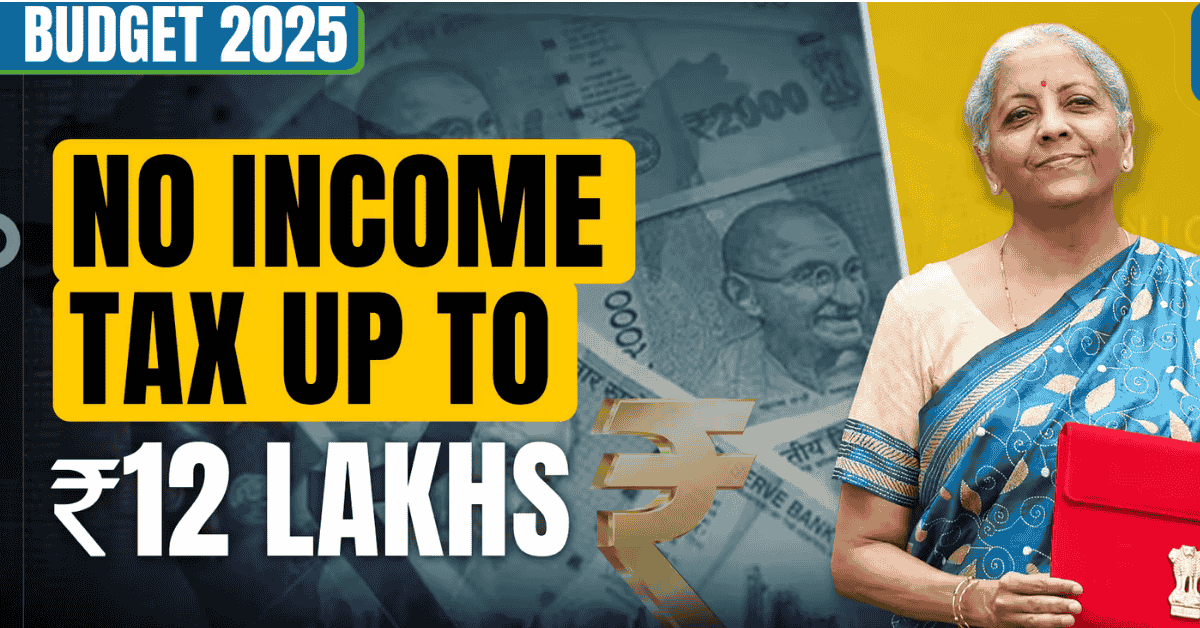Banking exams are among the most competitive exams in India. With thousands of aspirants aiming for limited positions, the preparation process can seem daunting. However, with the right strategy and consistent effort, you can significantly enhance your chances of success. Here’s a detailed guide on how to approach banking exams and succeed in them.
Key Tips for Cracking Banking Exams
- IBPS (Institute of Banking Personnel Selection)
IBPS conducts exams for clerical and probationary officer (PO) positions in various public sector banks. The exams are held annually, and the selection process includes a preliminary exam, a main exam, and an interview. IBPS exams are widely recognized, and clearing them opens doors to various banking positions in nationalized banks. - SBI (State Bank of India)
SBI is one of India’s largest and most prestigious banks, and it conducts its own recruitment exams for positions like PO and Clerk. These exams are highly competitive and consist of three stages: the preliminary exam, the main exam, and the interview. The SBI PO exam offers one of the most sought-after jobs in the banking sector due to the bank’s reputation and growth opportunities. - RRB (Regional Rural Banks)
RRB exams focus on recruiting candidates for positions in rural banks across India. These exams are similar to IBPS exams but are focused on serving rural areas. The positions available include PO and clerical roles. The RRB exams also follow a three-stage process: preliminary exam, main exam, and interview. - RBI (Reserve Bank of India)
The RBI conducts exams for positions like Grade B officers, who play a pivotal role in shaping monetary policy, regulating the banking sector, and ensuring financial stability. The RBI Grade B exam is regarded as one of the most prestigious banking exams due to the responsibilities and career growth it offers. - NABARD (National Bank for Agriculture and Rural Development)
NABARD offers positions in agricultural and rural development banking, focusing on improving the livelihood of farmers and promoting rural economic growth. The NABARD exam is highly specialized and offers candidates a chance to contribute to the nation’s rural development. - SEBI (Securities and Exchange Board of India)
SEBI exams are conducted for positions related to securities and financial markets. These positions include roles like Assistant Manager and Officer Grade A. SEBI offers an opportunity to work in India’s financial regulatory framework, ensuring the stability and growth of financial markets.
Job Roles in Banking
- SBI PO (Probationary Officer): As an SBI PO, you will manage day-to-day banking operations, including customer relations, loan processing, and branch management. You will also supervise clerical staff and may take on administrative roles. The role offers significant career growth, with opportunities to rise to senior managerial positions, such as Assistant General Manager or Deputy General Manager.
- IBPS PO (Probationary Officer): The responsibilities of an IBPS PO are similar to that of an SBI PO. You will manage accounts, oversee customer transactions, and help in business development. This role focuses on marketing and cross-selling banking products. The career progression is fast, with opportunities for higher positions in the banking hierarchy.
- RBI Grade B Officer: The RBI Grade B officer plays a critical role in formulating monetary policies, ensuring financial stability, and overseeing the banking sector. These officers are at the heart of economic policymaking and contribute to the country’s growth through regulation and financial governance.
Banking Exam Pattern
The exam pattern for most banking exams remains similar, though some exams have slight variations. The sections typically include:
- Quantitative Aptitude: This section tests your numerical ability and problem-solving skills. Topics like arithmetic, algebra, and data interpretation are covered. To excel, regular practice and a solid understanding of basic concepts are essential. Time management is also crucial as this section is often time-pressured.
- Reasoning Ability: The reasoning section evaluates your logical thinking and analytical skills. Questions can range from puzzles, seating arrangements, coding-decoding, to blood relations. Developing a methodical approach to solving these problems is vital, and practice is key to building speed and accuracy.
- English Language: The English section tests your grammar, vocabulary, and reading comprehension. The questions typically involve error spotting, sentence correction, para jumble, and reading comprehension. Regular reading, practicing grammar rules, and solving sample papers will help improve your score in this section.
- General and Banking Awareness: This section is crucial for candidates aiming to secure a role in banking. It covers current affairs, banking terms, financial awareness, and the latest developments in the banking and financial sectors. Reading newspapers, magazines, and online financial resources will keep you updated.
Banking Exam Stages
- Preliminary Exam:
The preliminary exam is a screening test that assesses your basic aptitude in areas such as reasoning, quantitative aptitude, and English. The exam is relatively short, and the objective is to filter out candidates for the main exam. - Main Exam:
The main exam is more comprehensive and consists of multiple sections like General Awareness, Reasoning, Quantitative Aptitude, and English. It evaluates your in-depth understanding of various subjects and your ability to solve complex problems. Some exams also include a descriptive writing section. - Interview:
The final stage involves an interview, which tests your communication skills, personality, and ability to work in a team. It is important to stay confident, articulate your thoughts clearly, and demonstrate your knowledge about the banking sector during the interview.
Preparation Tips for Banking Exams
- Consistent Practice: Regularly practicing mock tests is essential to improving your speed and accuracy. Dedicate time daily to solving Quantitative Aptitude and Reasoning questions.
- Stay Updated: Follow the latest current affairs related to banking, finance, and economics. Reading newspapers like The Hindu, Times of India, and magazines like Banking Services Chronicle will keep you informed about recent developments.
- Mock Tests and Previous Year Papers: Taking mock tests regularly will help you understand the exam pattern, manage time, and identify your strengths and weaknesses. Reviewing previous years’ papers is also an excellent strategy to familiarize yourself with the types of questions asked.
- Focus on Strengths and Weaknesses: Identify areas where you are strong and focus on further improving them. Similarly, spend extra time on weaker areas, practicing regularly to build proficiency.
- Positive Mindset and Discipline: Prepare a timetable, stick to it, and stay positive throughout your preparation. Consistency, discipline, and a positive attitude are the keys to cracking any competitive exam.
In conclusion, banking exams require rigorous preparation and dedication. By following a structured approach, staying consistent, and practicing regularly, you can significantly increase your chances of success and secure a rewarding career in the banking sector.





